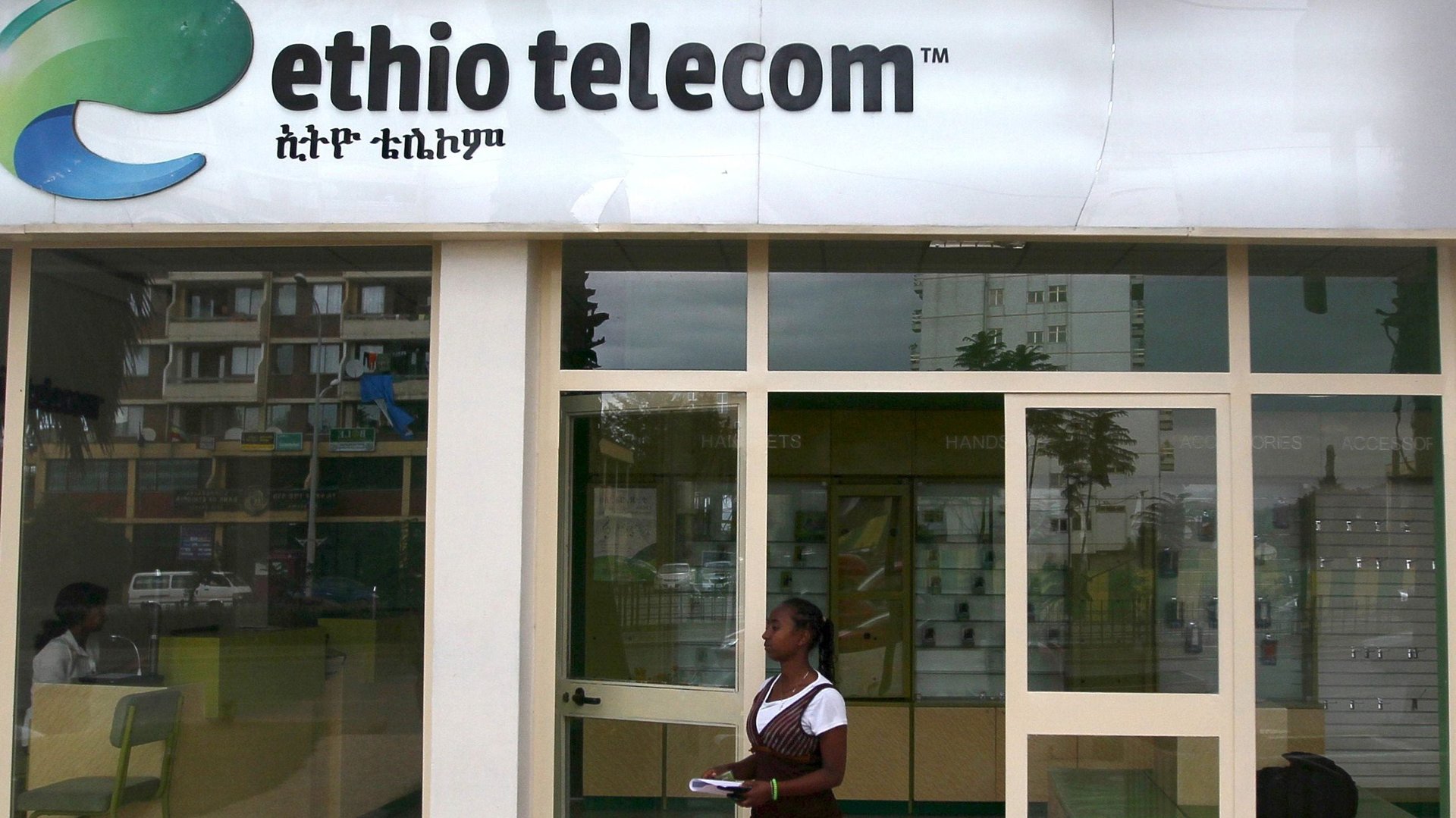Ethiopia’s tech startups are confident change is coming at just the right time
Paris


Paris
Word that Ethiopia’s prime minister Abiy Ahmed is looking to loosen his country’s tight grip on strategic assets like its fast-growing airline and its long-term telecom monopoly has sparked interest from international investors and regional corporations.
It’s easy to see why: Ethiopia, with a population of 100 million, has had one of the world’s fastest-growing economies for the past decade. It’s also had a successful top-down implementation of various infrastructure initiatives in transportation and construction.
Still, Ethiopia’s also been called a “sleeping giant” because of its closed markets. Decades after last socialist government, it still has a heavily regulated business environment. Things were changing even before Abiy’s appointment and as the country’s tense politics led to a state of emergency after ethnic-led protests and fatal clashes with security forces.
Where the startup scene is blossoming
At the Afrobytes tech conference in Paris, an Ethiopian delegation of 12 local startups attended to show off some the not-often-seen initiatives. Zekarias Amsalu, founder of investment advisory firm Ibex Frontier, who led the startup group, says he coined the moniker “Sheba Valley” to describe one of Addis Ababa main startup hubs. Amsalu has long been a champion for Ethiopia’s potential, saying it’s not about “emotion, but logic.” The accountant, who splits his time between London, Washington DC and Addis, explains: “We just want our story to be told. We have 250,000 university graduates every year, about 70% of them are in STEM subjects, there’s so much potential.” Sheba Valley is now recognized as a leading hub for AI technology on the continent led by Icog Labs, the Addis research team. “You have to be smarter than the machines than you’re using,” says Betelhem Dessie, who at 18 is already a project manager for Icog, while still a student at the University of Addis Ababa.
There are several other hubs, including Ice Addis and Bluemoon and more established tech-led ventures including Gebeya, an online marketplace for talent. MBirr and Hello Cash, mobile money services, are part of a quiet renaissance that hasn’t had as garnered the same level of attention of tech ecosystems like those in Nairobi or Lagos. “Most startups are probably still in their infancy stages although some online marketplaces are starting to gain traction,” says Ethiopian entrepreneur Samson Assefa, who runs a Geneva-based fintech company called Axens.
Why the tech community has hope
The Ethiopian tech community seems to be optimistic about Abiy delivering on his promise. Probably one of the easiest ways to boost the local tech space would be to loosen regulation around Ethio Telecom, the local monopoly that has 66 million subscribers. It’s Africa’s largest, ahead of MTN Nigeria. Assefa thinks that those restrictions, along with strict banking regulations, are an “impediment in two key bellwether tech sectors.”
Pazion Cherinet, chief executive of Orbit Health, a startup designed to address the weaknesses of Ethiopia’s health system, met two years ago with Abiy, then minister of science and technology. He says he’s always been open minded. Cherinet, who shares his time between Seattle and Addis, remains realistic about what needs to change. “There is a slow way of doing things, for example it takes three months to register a business,” he says. “That’s even before you write a single line of code.”
Ultimately, like others, he’s incredibly optimistic that Ethiopia isn’t going back to being closed: “Transition won’t be that easy. But it’ll happen.”